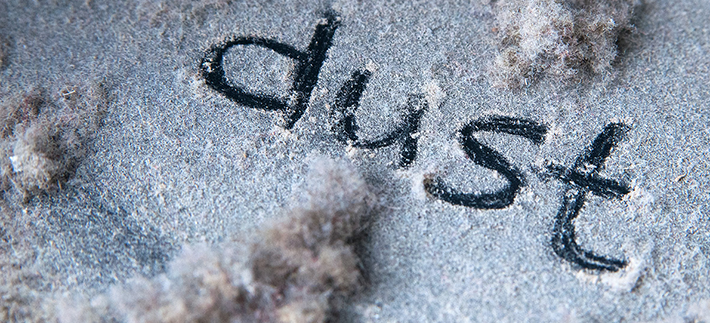
Dust Hazard Analysis
In this 2-day certificate session, learn to complete a Dust Hazard Analysis for your organization to meet the requirements of the NFPA standards and to help prepare for the anticipated updates to the OHS Regulation for B.C. businesses that handle or generate potentially combustible dusts.
We are offering this updated training to address the much wider need across all sectors with the new B.C. combustible dust regulation now in public consultation.
Developed by REMBE® and hosted by the Manufacturing Safety Alliance of BC, this is the first course of its kind offered in Canada.
» CLICK HERE TO REGISTER for the next course dates: October 8-9, 2025 at the Anvil Centre in New Westminster, British Columbia. This updated course will cover significant updates to the OHS Regulation for B.C. businesses that handle or generate potentially combustible dusts.
Save 50 percent or more off the regular $1200 2-day course rate by attending this special session—discounted to $499 (members) or $599 (non-members).
Goals and Objectives
Learn to complete a Dust Hazard Analysis for your organization to meet the NFPA requirements and prepare for the changes to the OHS Regulation for combustible dust coming in the next year.
Topics
In this comprehensive two-day course, you will learn:
- What a dust hazard analysis is, and why you need one
- The specifics of a DHA according to the NFPA standard
- Methodology, including best practices in equipment and approach
- Industry-specific examples and best practices in wood, food, grains, metals, and other materials
- How to evaluate whether combustible dust is present, and the degree of risk
- How to assess credible methods of dust suspension and sources of ignition
- Guidelines for identifying potential building and security hazards
- How to assess the effects, severity, and priority
- Recommended safeguards
- Effective housekeeping methods, procedures, documentation, and recommendations
- Employee/contractor training
- Documentation best practices
- Safe Work Procedures
- Maintenance & Inspections
- Applied Explosion Protection and Prevention Equipment – Application, limitations, inspections & maintenance
- Equipment and best practices in explosion containment and venting
- Ignition source prevention strategies
- Managing change in your organization to address the risk
Audience
Who this is for: Anyone who needs to complete a Dust Hazard Analysis (DHA) or are considering having someone complete a DHA for your organization
Prerequisites: This course requires an understanding of the fundamentals of combustible dust. If you would like to improve your knowledge prior to the course, we recommend this online course for owners and managers.
Funding
Your training costs may be eligible for partial reimbursement through the B.C. Employer Training Grant. Find out here.
Eligible toward the requirements for Joint Health and Safety Committee training for new members or annual training in British Columbia; may be eligible in other jurisdictions as well.Register for virtual or classroom Dust Hazard Analysis training online through our Learning Centre.
We can accomodate private training sessions for companies looking for Dust Hazard Analysis training for their entire team. Fill out this form below and someone from our team will work with you to schedule a date and format that meets your needs.

